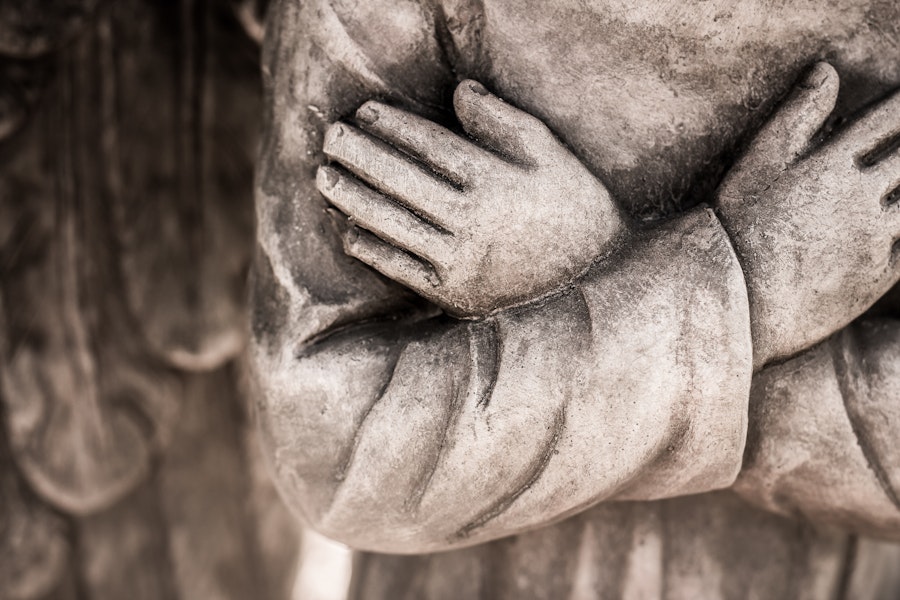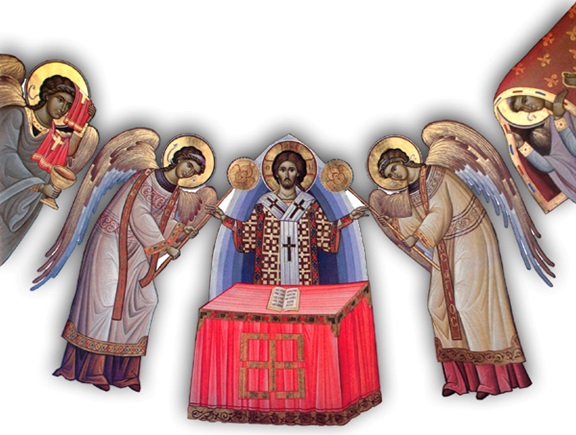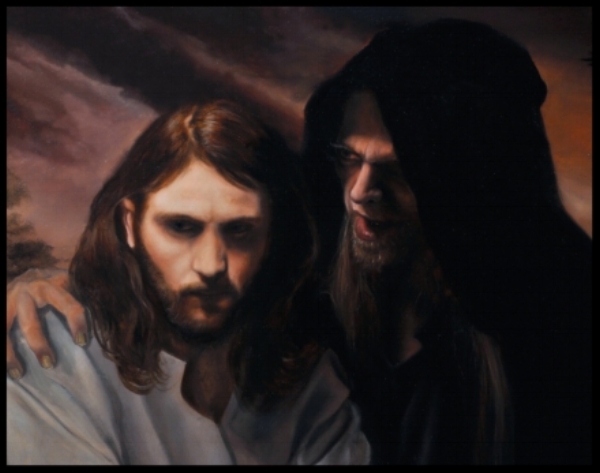One of the visiting pastors who made his way into our Divine Service last summer complimented the extras while at the same time lamenting that his people would never go for all that and his brother pastors would castigate him for being too Roman or something. But he yearned for something more than minimalism as a theological, liturgical, and musical motif. He was not the first nor the last to speak in this way. How sad of us! We Lutherans seem to appreciate food and drink well enough. Why do we think that the best supper in God's House is austere and plain? It is not like we as a Lutheran Church are in any immanent danger of abandoning truth for style. The average liturgical parish in the LCMS is still what could be called low church in ceremony and music. Our golden age of Bach and Brahms and Pachelbel and Walther have been replaced with worship absent of choir or cantor, mostly spoken liturgy, and a common body of hymns we share more with Methodists than with our Lutheran forbearers. So why must we always warn against excess when a congregation or pastor begins to put forward something other than a minimum in the Divine Service?
Even when we do laud and honor the gift of art and music and our own heritage of artists, artisans, and musicians, we do so with a caveat. Yes, these are all well and good, mind you, but you don't need them and they are extraneous -- not essential. It is like the strange way we approach the rite of ordination -- it is, after all, only apostolic custom -- God forbid that apostolic custom should count for much! This strange preoccupation with simplicity was not essentially Lutheran -- at least the early Lutherans were all in for art and music -- from the Cranachs to Luther the composer himself! But at some point in time, we must have met a Calvinist who convinced us to be embarrassed by our Lutheran identity and in our shame we repented of good music, good liturgy, and good art. Can you explain it to me? Even in the comment threads of this blog, there are also those voices of concern cautioning me against any normative Lutheran tradition when it comes to an appreciation for art, music, vestments, ceremony, and the like. This caution about art, music, liturgy, and ceremony is about as logical to our Lutheran identity as those who order a diet drink with their extra size fries and triple patty Whopper.
Before someone from a less is more congregation decides to argue with me, I refuse to listen. Your caution has been like a pain in my, well, side, for most of my ministry and I am simply tired of hearing your warnings. The LCMS is in danger of abandoning truth for show about as much as America is in danger of forgetting the pandemic. It ain't gonna happen anytime soon. So I am announcing that from now on I will not listen or read or give place to those who voice caution when instrumentalists are added to worship or art is added to the sanctuary or musicians are paid what they are worth or time is spent doing things right or a bow, genuflection, bell, or elevation draws attention to the holy things of God that are supposed to be our joy and delight. Instead, I caution you against a false humility which is really hubris as you delight in being a Lutheran version of spiritual but not religious -- simple Lutheran Christians who are Amish in liturgy and satisfied with what is plain and unadorned on Sunday morning. In your faux piety and superiority you look down on congregations and pastors who want and do something more and you thank God you are not like those. God has not called you to be the conscience of His people -- you have put yourselves into that place.
And you pastors trying to offer more and do more, God bless you. God bless your efforts. God bless the fruits of those labors. Your works are not in vain. The day will come when people will awaken to the gifts of God in arts and music and ceremony and then, Deo volente, God's people will not be content to settle for the false dream that less is more.
Gosh, I feel better. I hope you do as well.
















